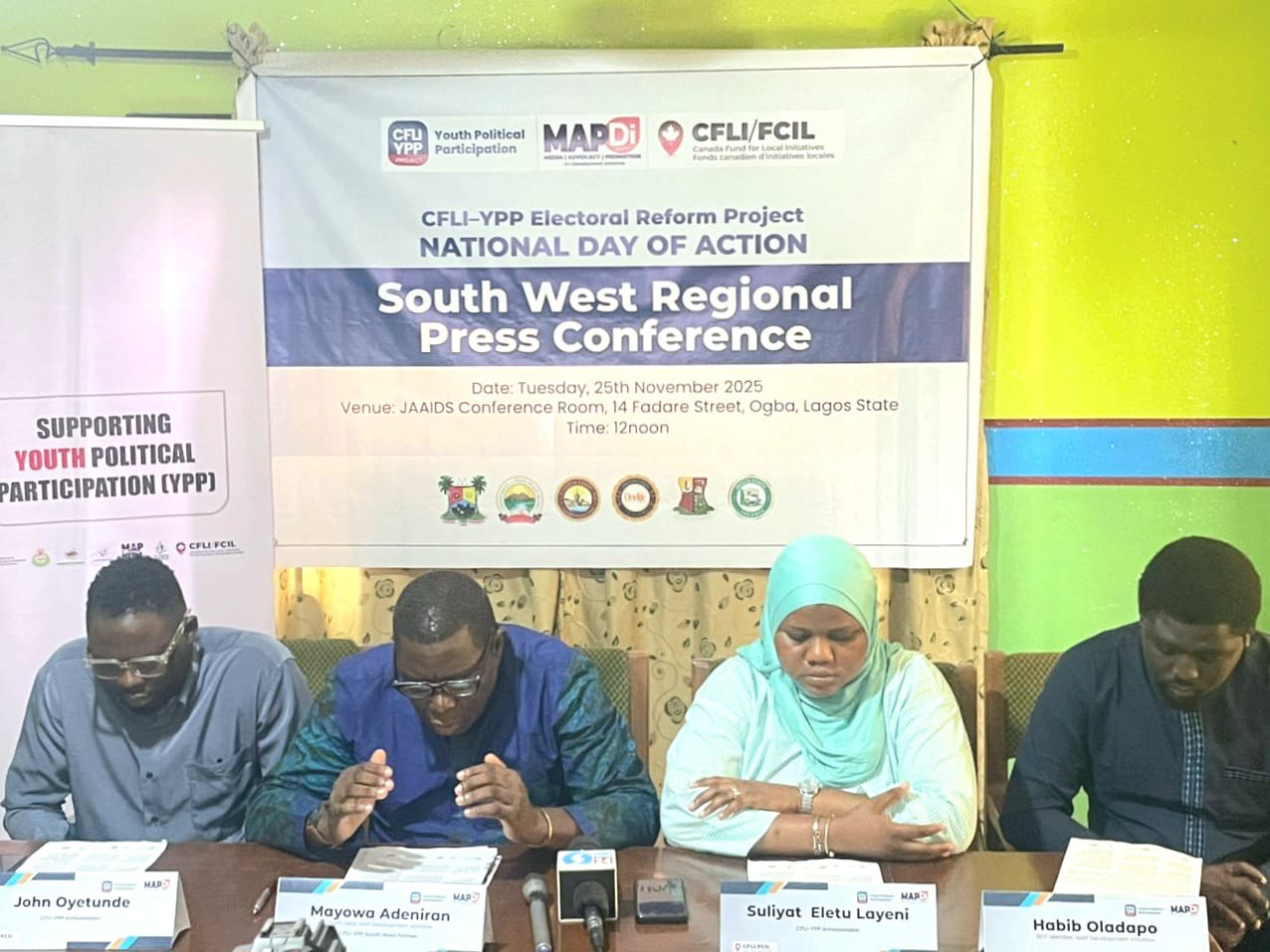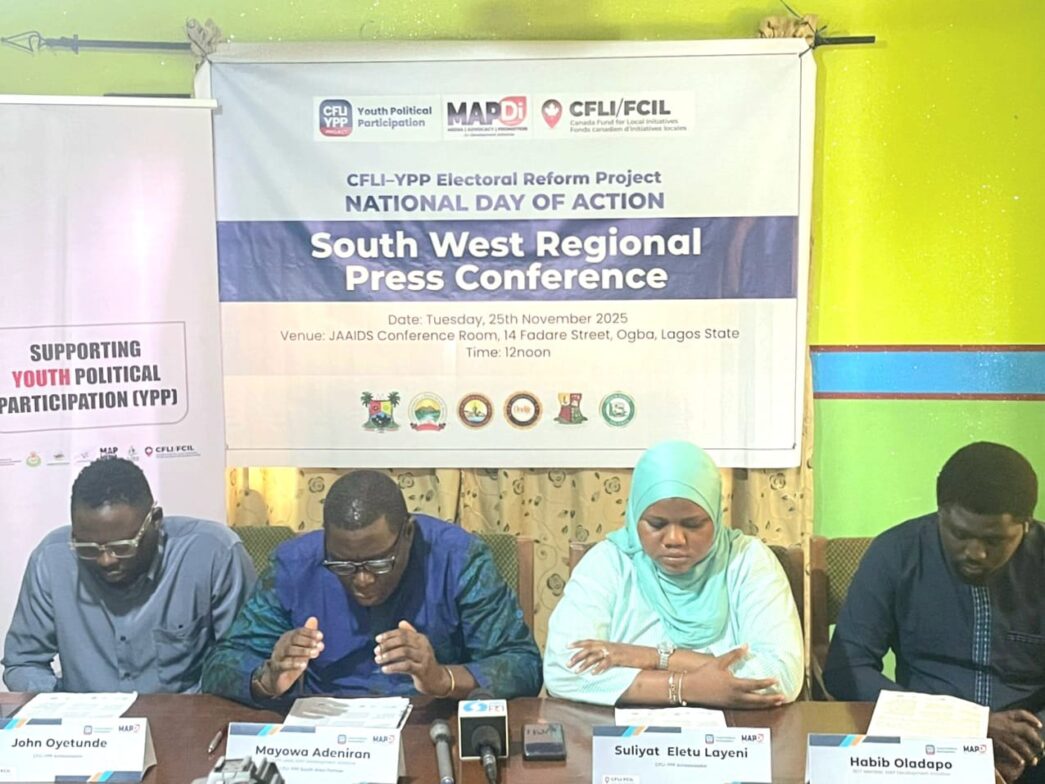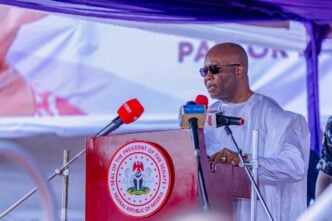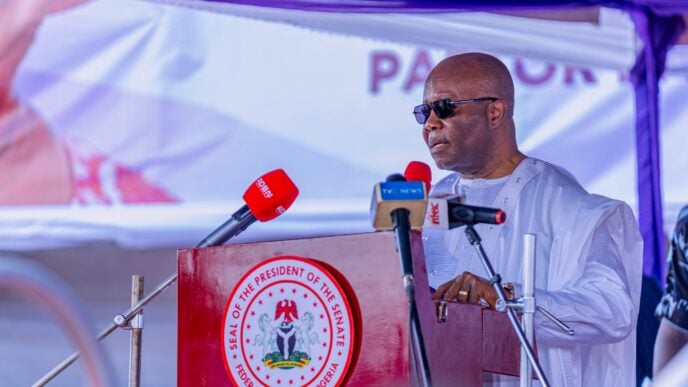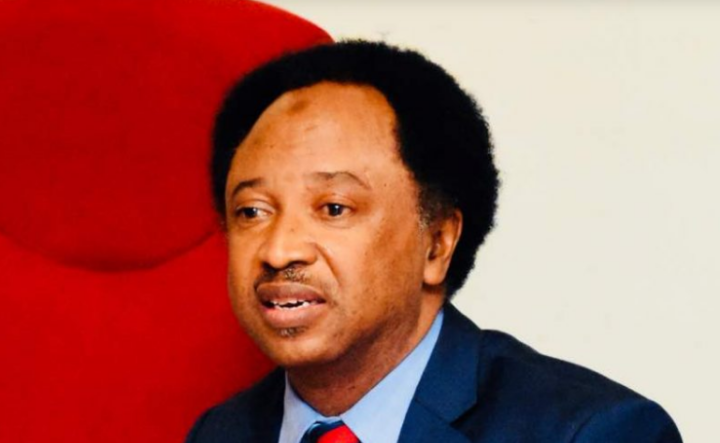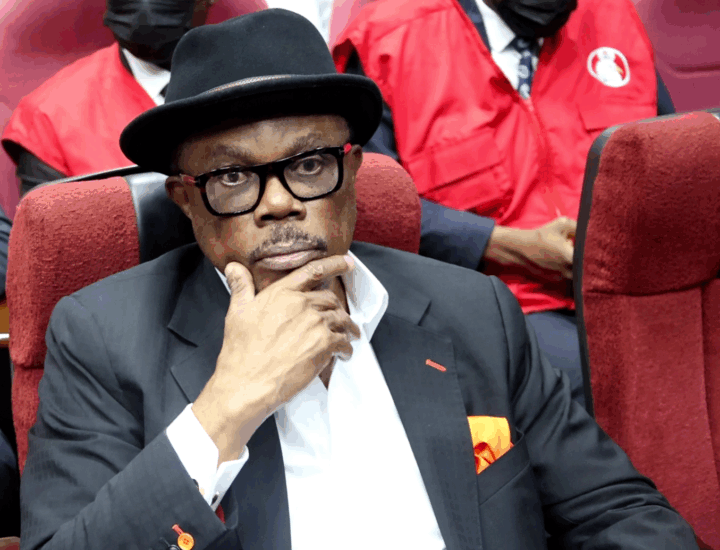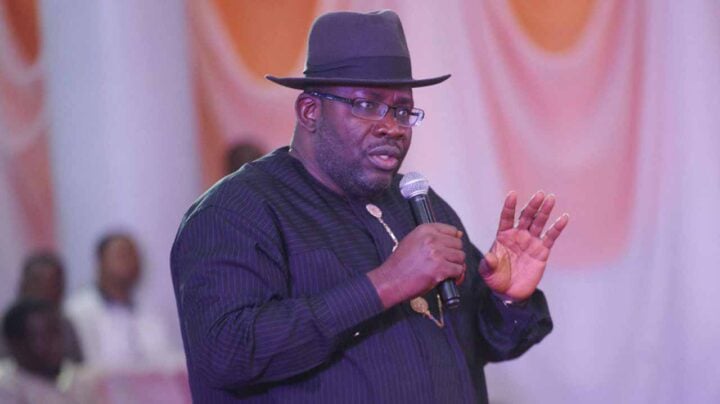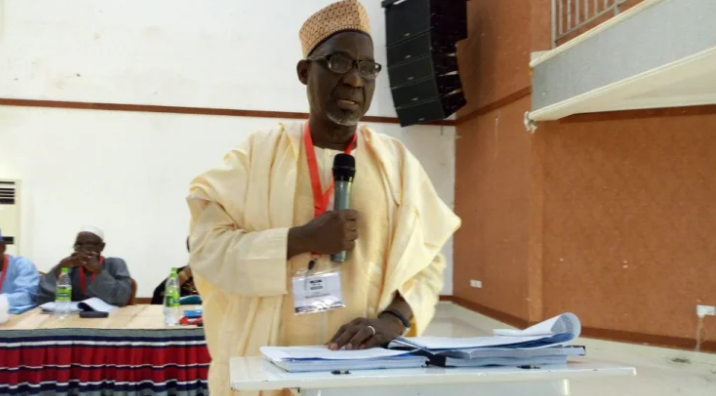MAP Development Initiative, a civil society organisation, has asked the national assembly to prioritise electoral reforms for Nigeria’s democratic development.
At a press conference in Lagos state on Tuesday, MDI said Nigeria has reached a pivotal stage as the national assembly prepares to vote on a set of constitutional and electoral reforms that “have advanced through the review process”.
The CSO noted that as the national assembly prepares to vote on new electoral reforms, the decisions taken in the coming days will influence the credibility of elections, the independence of institutions, and public confidence in electoral outcomes.
MDI, therefore, recommends a transparent, merit-based process for appointing the leadership of the Independent National Electoral Commission (INEC).
Advertisement
“Amend sections 153 and 154 to remove presidential discretion in appointing the INEC chair, national commissioners, and RECs; establish a special non-partisan selection committee drawn from reputable national institutions,” the CSO said.
The group noted that a transparent process matters because the current appointment processes raise concerns about political influence.
“A non-partisan mechanism will strengthen public trust in INEC, enhance neutrality, and reduce perceptions of bias. This reform improves the integrity of elections and reinforces INEC’s independence,” the CSO said.
Advertisement
MDI also recommended that all pre-election cases be concluded before election day and that post-election cases be resolved before inauguration.
“Amend section 285 to shorten timelines for pre-election and post-election cases; adjust jurisdictional provisions for the supreme court and court of appeal; introduce eligibility thresholds for filing petitions,” MDI added.
“Prolonged litigation creates unfair advantages, pressures the judiciary, and allows candidates with pending cases to assume office. Timely adjudication ensures fairness, reduces political tension, and aligns electoral justice with democratic expectations.”
MDI also called for the establishment of an electoral offences commission and the passage of laws to empower an independent body to investigate and prosecute electoral offences.
Advertisement
“Violence, vote-buying, intimidation, and impunity undermine elections. A dedicated commission will professionalize investigations, ensure accountability, and deter manipulative practices that compromise the will of voters,” the CSO said.
It also urged the national assembly to demonstrate commitment to Nigeria’s democratic development by voting in favour of these youth-driven priorities.
“These decisions affect the stability of communities, the confidence of citizens, and the continuity of democratic governance,” it added.
“We also urge Nigerians, civil society organizations, journalists, and community influencers to continue amplifying these demands as the votes approach.
Advertisement
“Public pressure remains an essential counterweight that ensures elected representatives uphold national interest over partisan incentives.”
Advertisement
